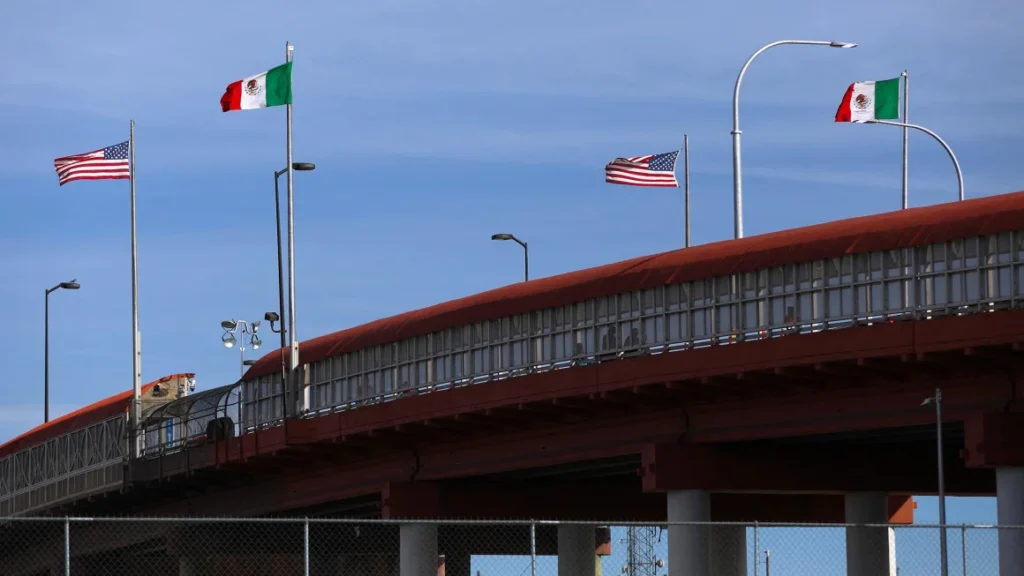
FTC has been bans hidden fees for Hotels, Tickets, and Short -Term Rentals. In a landmark move to protect consumers, the Federal Trade Commission (FTC) announced a final rule on Tuesday that bans hidden junk fees in the travel, ticketing, and short-term rental industries. This new rule ensures that businesses in these sectors must disclose the full price of services upfront, preventing consumers from being blindsided by unexpected charges at checkout.
For years, travelers and concertgoers have been hit with additional “convenience” or “service” fees, which often balloon the cost of hotel bookings and event tickets without clear notice. But with the FTC’s new rule, these charges must now be fully disclosed before consumers make a purchase, providing greater transparency and control.
A Major Step Toward Fairer Pricing Practices
FTC Chair Lina Khan highlighted the importance of this regulation, emphasizing that consumers deserve to know exactly what they will pay—without the fear of hidden fees inflating the final price. “People deserve to know up-front what they’re being asked to pay, without worrying that they’ll later be saddled with mysterious fees that they haven’t budgeted for and can’t avoid,” Khan said in her statement. FCT is competent authority who can take any action in favour of consumers and can bans hidden fees.
The new rule mandates that businesses—especially those in live events, hotels, and vacation rentals—display the total price, including all taxes and fees, in a more prominent position before the final purchase. This move aims to end the practice of misleading consumers with low “initial prices” that are later inflated by undisclosed extra charges.
While the rule does not set limits on the actual fees businesses can charge, it ensures that the full, final price is clearly presented to customers upfront, reducing confusion and the chances of unpleasant surprises at checkout.
Widespread Impact and Bipartisan Support
The FTC’s decision comes after years of mounting pressure to tackle “junk fees”—unnecessary charges that often burden American families. According to the FTC’s estimates, the new rule could save consumers up to 53 million hours annually that would otherwise be spent searching for the true price of tickets and lodging. This time savings is valued at over $11 billion over the next decade, marking a significant win for American households.
The rule passed with bipartisan support among the five FTC commissioners, though one dissenting vote came from Andrew Ferguson, the President-elect’s appointee to replace Khan. Ferguson’s opposition, however, was not based on the rule itself, but rather on his belief that the current FTC should refrain from implementing new regulations during a transition period.
“These junk fees can add hundreds of dollars weighing down family budgets,” President Biden remarked when the rule was first proposed in October 2023. He celebrated the rule’s potential to ease financial strain on consumers, stating, “Folks are tired of being taken advantage of and played for suckers.”
Industry Reactions and Future Enforcement
The rule has received positive feedback from companies that already practice transparent pricing. Live Nation, the parent company of Ticketmaster, praised the FTC’s decision, noting that it has long adopted all-in pricing at its venues and festivals. “We’ve led the industry by adopting all-in pricing at all Live Nation venues and festivals,” the company said, expressing support for the industry-wide mandate.
Under the new regulations, the FTC now has the authority to impose financial penalties on companies in the short-term rental and live-event ticketing sectors that fail to comply with the rule. The rule is set to take effect 120 days after Tuesday’s announcement, meaning its full impact will be felt well into 2024.
The Bigger Picture: A Crackdown on Junk Fees
The new rule is part of a broader initiative by the Biden administration to reduce deceptive pricing practices. Over the last few years, the FTC has taken action against companies like Vonage and Invitation Homes for charging hidden fees that misled consumers. Due to implementation on bans hidden fees, it will be very relief for poor people whose have not saving enough.
As the rule takes effect, it could serve as a model for other industries grappling with similar issues. And with bipartisan backing, there is hope that it will endure beyond the current administration, despite potential legal challenges from business trade associations who may seek to challenge the rule in court.
What This Means for Consumers
For consumers, the FTC’s new rule is a major win. No longer will they need to comb through endless fine print or worry about surprise fees when booking travel or concert tickets. As more companies adopt transparent pricing, shopping will become simpler and less stressful, offering families greater confidence in managing their budgets.
In summary, this new FTC rule is a significant step toward greater fairness in the marketplace, ensuring consumers can make informed decisions and avoid hidden costs. For businesses, it marks a call to adopt clear, upfront pricing—a change that will ultimately benefit both consumers and the industry at large.
For read specific news visit again https://khudaniajournal.com

